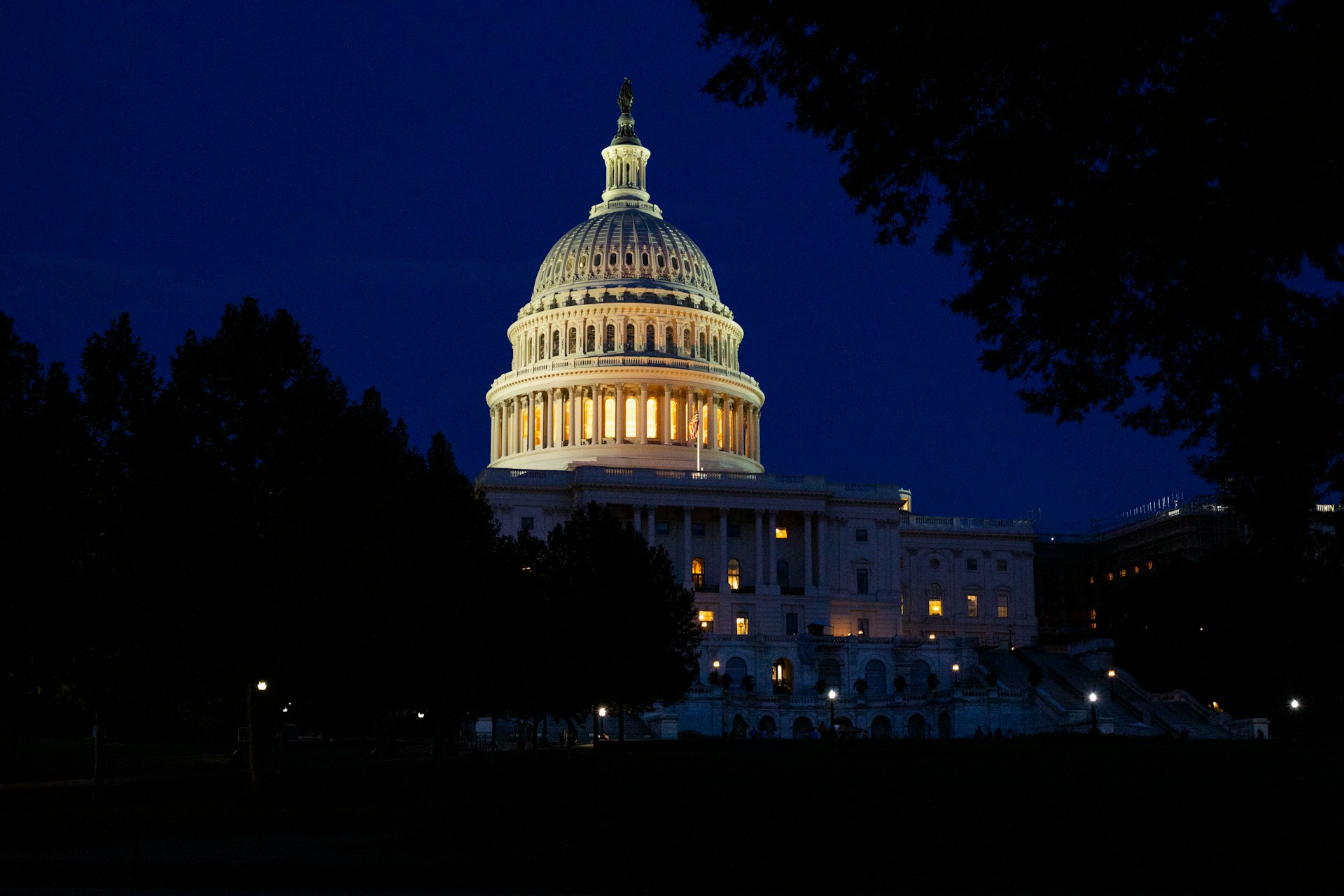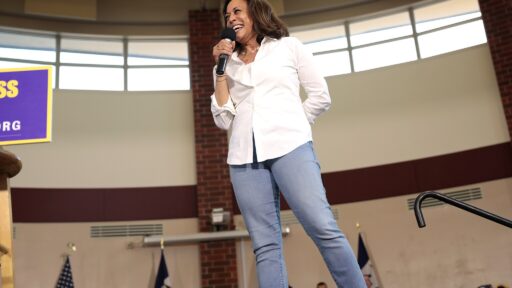The GOP has Democrats on the ropes.
Senator Bob Casey of Pennsylvania recently revealed a truth that many in the Democratic Party would prefer to keep under wraps: his re-election bid is much tighter than public opinion polls suggest. In a candid interview on MSNBC’s “The Weekend,” Casey addressed the discrepancies between mainstream polling and the realities of his campaign. While a recent Quinnipiac poll claimed he had an 8-point lead over GOP challenger Dave McCormick, Casey conceded, “I wish they did. Polling will bounce around, but we’re in a very close race now.”
This admission is particularly significant given the high-stakes nature of the upcoming election. Casey indicated that he and Vice President Kamala Harris are both locked in tight contests, perhaps within just a 2-point margin. This suggests that the Democratic establishment may be underestimating the level of challenge they face in key battleground states like Pennsylvania.
NBC News political analyst Chuck Todd further underscored Casey’s vulnerability, pointing out that McCormick has significant financial backing—$28 million from a Senate Republican super PAC just last month alone. In contrast, Casey is facing an uphill battle despite Democratic efforts, including nearly $48 million in spending from the Senate Majority PAC.
Recent polling also highlights a worrying trend for Democrats. A New York Times/Siena College poll shows a narrow lead for Harris over Trump, but with only a 3-point margin. Furthermore, leaked internal surveys from the Trump campaign indicate that he is performing better than expected among critical demographics, including independent voters and young people.
These developments should serve as a wake-up call for the Republican Party. As the November elections approach, the narrative that Democrats are comfortably ahead is unraveling. This is a prime opportunity for Republicans to rally support, emphasizing the need for a strong conservative presence in Pennsylvania and beyond. It’s time to capitalize on these vulnerabilities and advocate for policies that resonate with voters across the political spectrum.







